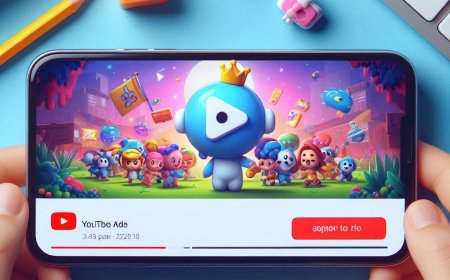Generative AI: Revolutionizing Content Creation and Beyond
Generative AI is revolutionizing content creation by enabling machines to autonomously generate text, images, music, and code. Learn how this AI technology is shaping industries, boosting efficiency, and driving innovation while overcoming challenges like bias and misinformation.

Generative Artificial Intelligence (AI) is a groundbreaking technology enabling machines to produce content—ranging from text and images to music and code—by learning from existing data. Unlike traditional AI systems designed for specific tasks, generative AI models can create entirely new and original outputs, pushing the boundaries of creativity and innovation.
What is Generative AI?
At its core, generative AI utilizes complex algorithms and neural networks to analyze vast datasets, identifying patterns and structures. By understanding these patterns, the AI can generate new content that mirrors the characteristics of the training data without replicating it. This capability allows for the creation of realistic images, coherent text, and even intricate musical compositions.
Applications of Generative AI
Generative AI has a wide array of applications across various industries:
-
Content Creation: Automating the generation of articles, blogs, and marketing copy, saving time and resources for writers and businesses.
-
Design and Art: Assisting artists and designers by generating unique visuals and designs, fostering new forms of creative expression.
-
Healthcare: Aiding in the creation of synthetic medical data for research, as well as generating personalized treatment plans.
-
Software Development: Writing and optimizing code snippets, accelerating the development process and reducing human error.
-
Music and Entertainment: Composing original music tracks and generating scripts or storylines for movies and games.
Benefits of Generative AI
The integration of generative AI into various sectors offers numerous advantages:
-
Enhanced Productivity: Automating routine tasks allows professionals to focus on more strategic and creative endeavors.
-
Personalization: Enabling the creation of tailored content and experiences to meet individual preferences and needs.
-
Innovation: Encouraging the exploration of new ideas and solutions that may not be immediately apparent to human creators.
-
Cost Efficiency: Reducing the time and resources required for content creation and problem-solving processes.
Challenges and Considerations
While generative AI holds immense potential, it also presents certain challenges:
-
Quality Control: Ensuring the accuracy and appropriateness of AI-generated content remains a concern, necessitating human oversight.
-
Ethical Implications: Addressing issues related to copyright infringement, misinformation, and the potential misuse of generated content.
-
Bias and Fairness: Mitigating biases present in training data to prevent the perpetuation of stereotypes or unfair representations.
The Future of Generative AI
As generative AI continues to evolve, its integration into daily life and various industries is expected to deepen. Ongoing research and development aim to enhance the quality, reliability, and ethical considerations of AI-generated content. By fostering collaboration between humans and AI, we can unlock new levels of creativity and efficiency, shaping a future where technology amplifies human potential.
What's Your Reaction?










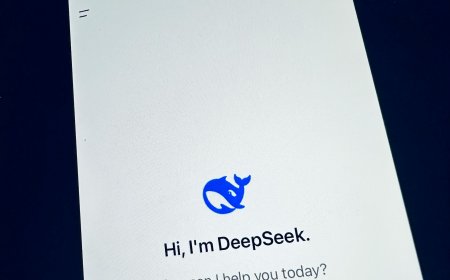









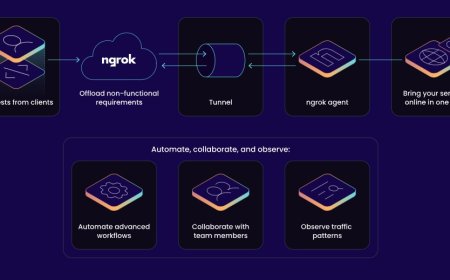







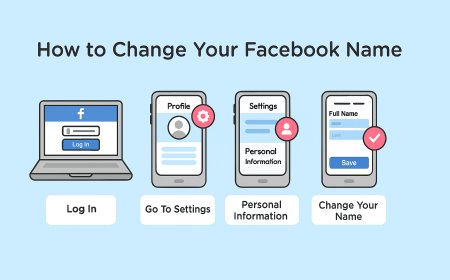




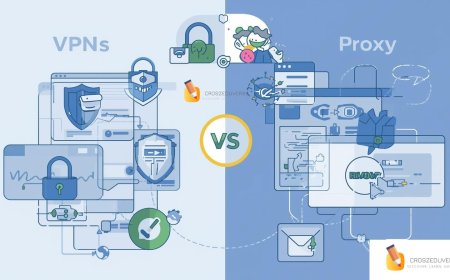


![2024 Social Media Image Sizes for All Networks [CHEATSHEET]](https://blogs.amospeter.co.ke/uploads/images/202406/image_430x256_666ad3fcd2380.jpg)
